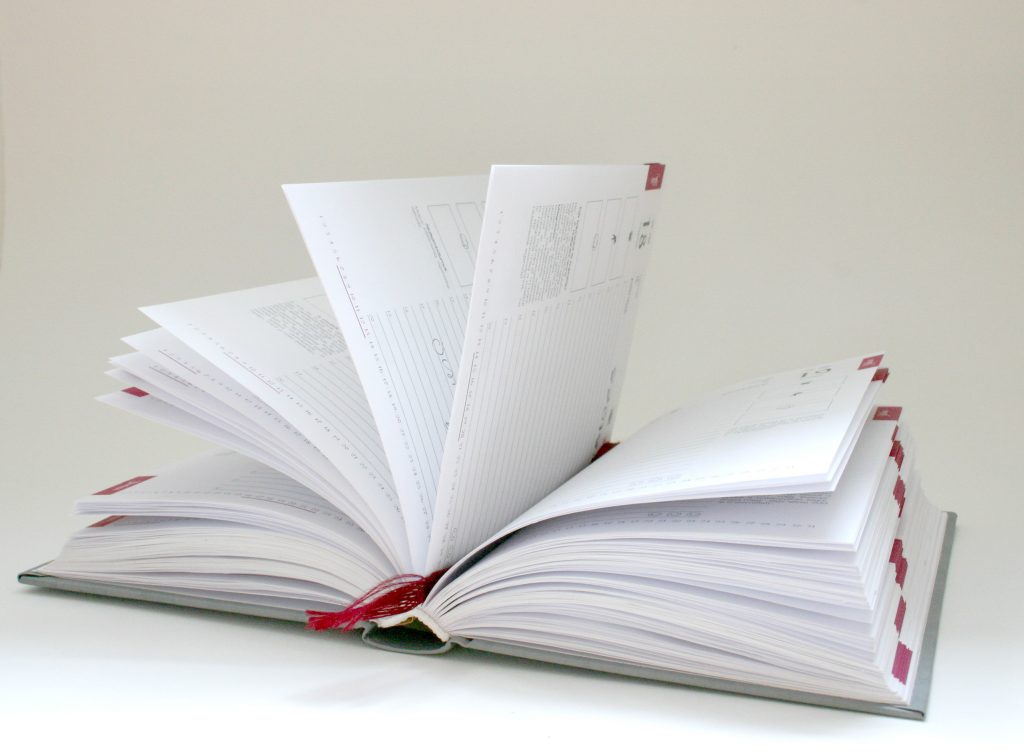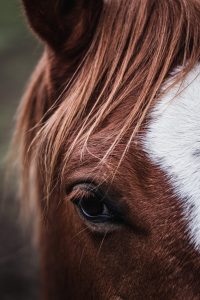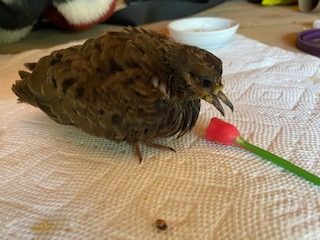
Life has been too hectic lately and as often happens, writing has taken a back seat to work and all kinds of busy-ness.
So, for the next three weeks, it is vacation time as hubby and I hit the road for beautiful Rainy Lake on the border of Ontario and Minnesota.
As excited as I am to see friends and to celebrate a wedding, I am really looking forward to having lots of distraction-free time to write as well. Relaxed writing, that is. The meditative, restorative, not worrying whether it is good or not, writing.
Read more





